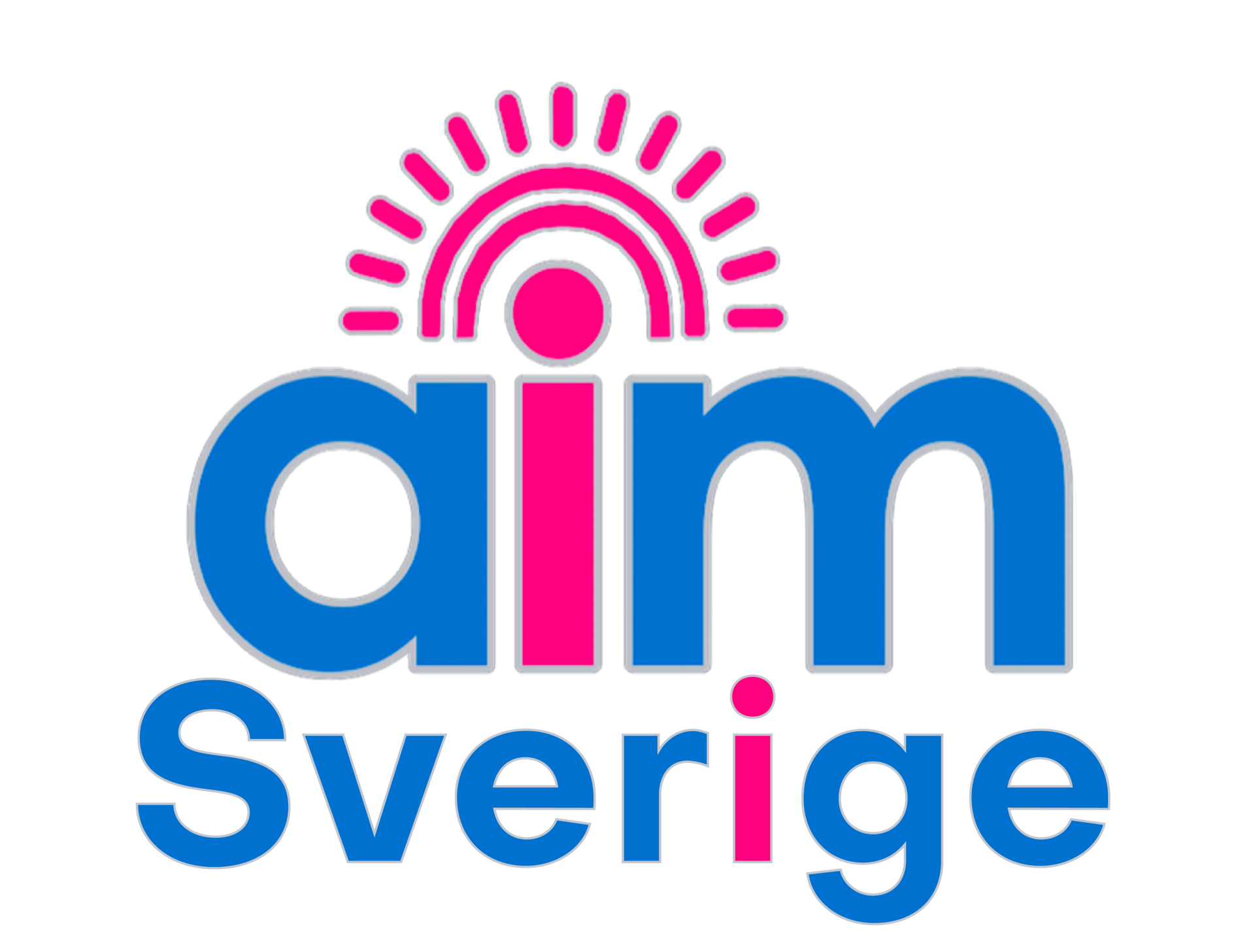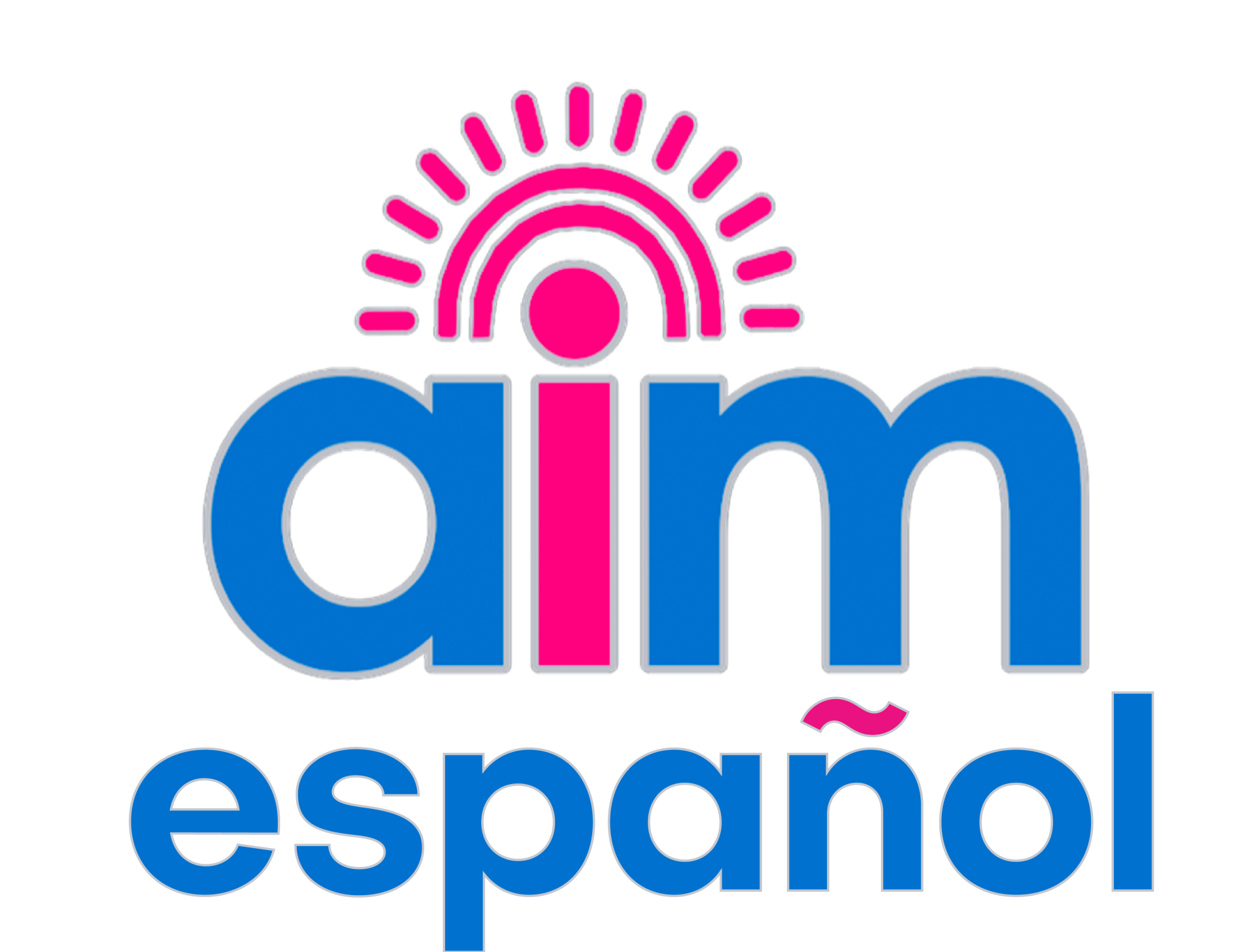Literacy: A Process in the Making
Born to Read
Young children are developing literacy skills from the day they are born. This is not to say that little babies will (or should) spontaneously begin to read the moment their little eyes come into focus. What I mean is, early literacy development is a continuous process that starts at birth.
As early reading expert Randall Klein explains, the steps to mastering literacy are built on a foundation of language. Language is learned and absorbed by the child, starting from the very first days of their lives. This foundation of language includes speech articulation and comprehension, as well as the extent of the child’s vocabulary. The greater the breadth and depth of this foundation, the more the child’s mind is prepared for early literacy development.
From birth to six years old, children are ready to learn early literacy skills because they have absorbent, sponge-like minds. Maria Montessori discovered this long ago and recent research proves the same. Children begin to develop language-- the foundation for reading and writing-- starting from infancy. These skills are developing simultaneously and continuously. They are closely connected, each building upon the other. These early literary skills develop through daily interactions with people and especially with listening to books read aloud.
“Children’s comprehensive, conceptual, and behavioral patterns are primarily shaped between the ages of birth to five years. It is especially important for families and child caregivers to read to children early and often.” ~ Eva Essa, Introduction to Early Childhood Education

Early Literacy, Not Early Reading
It is important to understand that early literacy development is not synonymous with early reading. Educational programs that push children to read at younger and younger ages are not developmentally appropriate. Early literacy development is actually about the preparation of the child’s mind. Young children are open to the right information at the right time. When children are given lessons, materials, and activities as they are ready for them, learning to read is a natural, continuous progression. This is one of the advantages of the Montessori Method. In the Montessori prepared environment, children choose from appropriate materials based on their own interests and readiness.
What is The Royal Road to Reading?
Mary Ellen Maunz, M. Ed, Founder, Program Director of Age of Montessori (read more about Age of Montessori here) together with Randall Klein, have developed an early reading program called The Royal Road to Reading. In the step-by-step instruction found in The Royal Road to Reading, you will learn that one of the first steps toward reading is learning phonemic awareness. Simply put, phonemic awareness is the ability to recognize the individual sounds (not letters) in a word. The Royal Road to Reading uses fun, hands-on activities and games, through which children can learn phonemic awareness.
Mastery of phonetic awareness leads to the next step called the alphabetic principle. The alphabetic principle is the understanding that each sound is represented by a symbol known as a letter. During this phase, you engage your child with fun activities that develop knowledge of the letters and their sounds, and a deep understanding of the alphabetic principle.

When your child has mastered phenomes and the alphabetic principle, he or she is ready to move on to words, and then sentences. The next thing you know, your child is reading. Like a flourishing sprout, the child’s literacy skills develop simultaneously, continuously, and sequentially. The seedling never stops growing, yet the leaf cannot grow without the stem, the stem cannot form without the roots, and the roots must be established in a strong foundation.
If you would like to learn more about how to teach children to read, Age of Montessori created a comprehensive, step-by-step program that includes everything you need to teach your child to read. Discover The Royal Road to Reading Program: an early childhood reading program






















